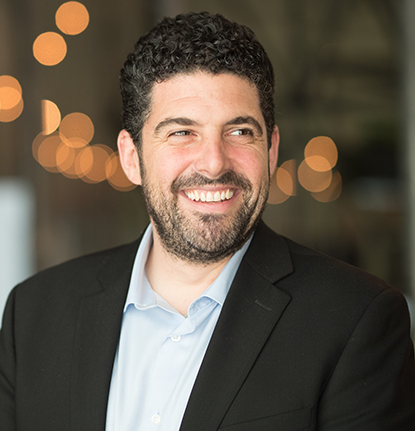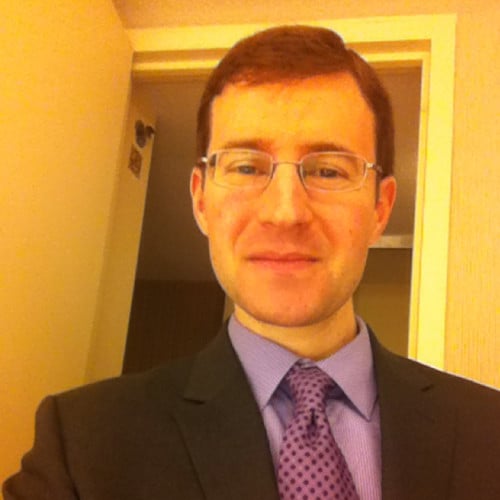In terms of opening the show, Sobol relates, “This is a wonderful experience, and I will share that it is quite a different experience to be backstage compared to front stage. Because I’ve been in the audience, I’ve been on the stage and now I’ve been behind the stage. One of the wonderful things about being backstage is that you get to talk to the keynote speakers, and you get to ask them one on one questions. That is a distinct benefit.”
Sometimes it is said to use passion as a person’s guiding light. And it feels like with your session here, passion is absolutely the way that you work. Is that an overstatement?
“If we are not passionate about the work that we do, if we are not working on something that we consider meaningful, contributing, having fun and learning in the process, then what are we doing with the third of our lives that we are spending at work?” says Sobol. “I absolutely do believe in that tip of the needs pyramid, which is self, and I do think that workplace is very closely linked to that.”
In this discipline, there is certainly passion about work, passion about technology, and clearly passion about consumers.
“I will also say I have a passion for the insights and analytics community,” she says. “I do think this is a very special community because the people are different. They are curious about other people and about the world around them. You end up having so many conversations and the ‘light bulbs’ are going off consistently. I do appreciate the insights and analytics community.”
This happens to be a moment in time where we’ve got this curious-minded community who are also, just perhaps, a little bit fearful of the future? We’ve kind of settled into the show, but there is still a distinct trepidation about AI.
“I have picked up on that exact same sentiment,” says Sobol. “It would have been interesting if technologies like ChatGPT came out in October last year because then we could compare the vibe at TMRE knowing that these technologies are out there, but are unfamiliar, and now that we know a little bit more. But they came out in November, so there was a couple of months when things were in such a theoretical row, and I feel like that’s where uncertainty, ambiguity and sometimes fear arises because people ask: What is it going to do to our jobs? What is it going to do in our industry? The reality of change is that it happens on a much more practical level. This is the first event where I felt it, and I was delighted to see actual use cases. They might be small, first steps, but they are real. We are no longer talking about what this is doing metaphysically. We are harnessing technology and putting it to work step by step. It is wonderful to see us collectively transitioning into that more productive mindset.”
AI tools could mean more productivity and doing more with less. This could also lead to innovation and relates to how insights can play a role in innovation—another passion point for Sobol.
“I think insights are the lifeblood of innovation,” she says. “Insights can come from anywhere. They do not have to come out of a particular department in your company that you call insights. Anyone can have an idea, and every idea should be considered on its own merit regardless of where it came from. And I think that’s where it’s exciting when technology is coming into the discovery phases of innovation. It is democratizing access to ideas.”
Watch the full video from TMRE here, as Adler and Sobol discuss the generation of ideas, the future of insights, enabling change—and the return of breakthrough innovation.
Contributors
-

Seth Adler heads up All Things Insights & All Things Innovation. He has spent his career bringing people together around content. He has a dynamic background producing events, podcasts, video, and the written word.
View all posts -

Matthew Kramer is the Digital Editor for All Things Insights & All Things Innovation. He has over 20 years of experience working in publishing and media companies, on a variety of business-to-business publications, websites and trade shows.
View all posts






















































































